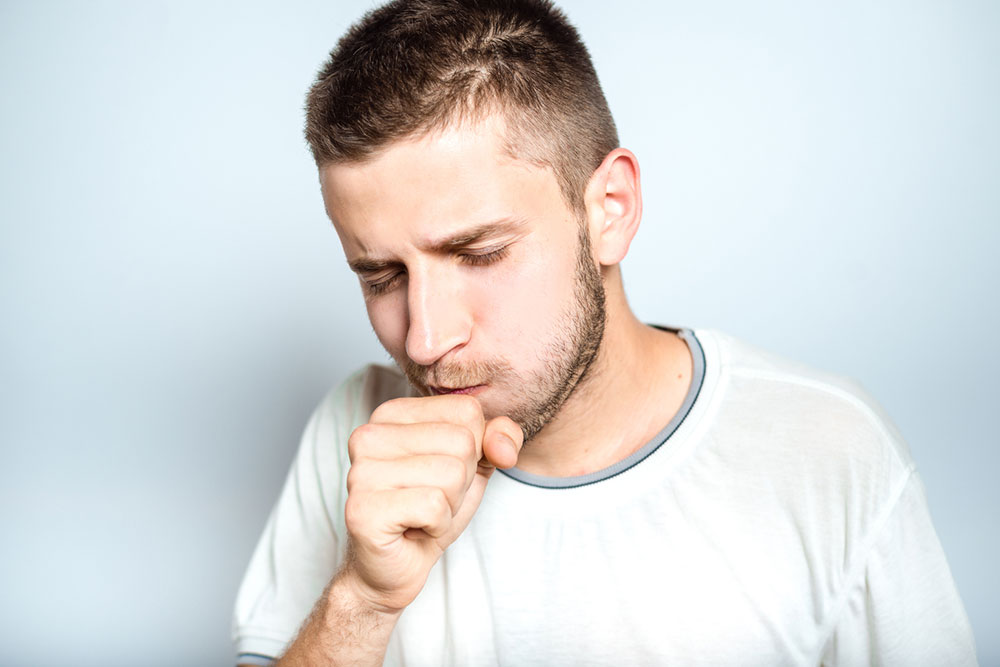COPD – Early signs and management

Chronic Obstructive Pulmonary Disorder (COPD) is a chronic inflammatory lung condition. This common disorder affects over 12 million people in the country, causing an obstruction in the airflow in the lungs. Recognizing early signs of COPD can lead to a quicker diagnosis. This allows for better management of the condition, reducing the risk of lung function loss. This article sheds light on the early signs and management of COPD:
Signs
Here are some of the early signs of COPD:
- Shortness of breath with mild physical exercise such as walking, using the stairs, or performing daily activities
- Difficulty taking a deep breath
- Wheezing
- Chest tightness
- Chronic cough that may produce clear, white, yellow, or greenish mucus
- Frequent respiratory infections
- Lack of energy or fatigue that lasts for more than a day
- Swelling in the ankles, feet, or legs
- Change in color, thickness, amount, or odor of sputum (mucus)
- Presence of blood in sputum
- Frequent morning headaches or dizziness
- Fever, especially with cold or flu symptoms
- Restlessness, confusion, forgetfulness, or slurred speech
COPD treatment
COPD treatment is focused on symptom management, such as relieving coughing, easing breathing problems, and reducing the risk of respiratory infections. Commonly prescribed treatment methods include the following:
- Bronchodilators: These help relax the airways and ease breathing.
- Supplemental oxygen: Supplemental oxygen may be prescribed for those with low blood oxygen (hypoxemia). Patients are expected to use a portable oxygen tank to improve oxygen levels.
- Rehabilitation: Rehab programs may also be recommended to teach effective breathing strategies. These can help reduce shortness of breath and condition the lungs to perform better.
- Antivirals: Doctors may prescribe antivirals to reduce the risk of infections caused by viruses such as influenza.
COPD management
Although living with COPD can be difficult, the following tips may help one cope better with the condition:
- Learn how to control one’s breathing.
- Be mindful of fatigue and exertion in one’s daily activities.
- Visit a pulmonary rehab center to seek help.
- Stay up-to-date on recommended treatments and prescriptions.
- Eat healthy, well-balanced meals.